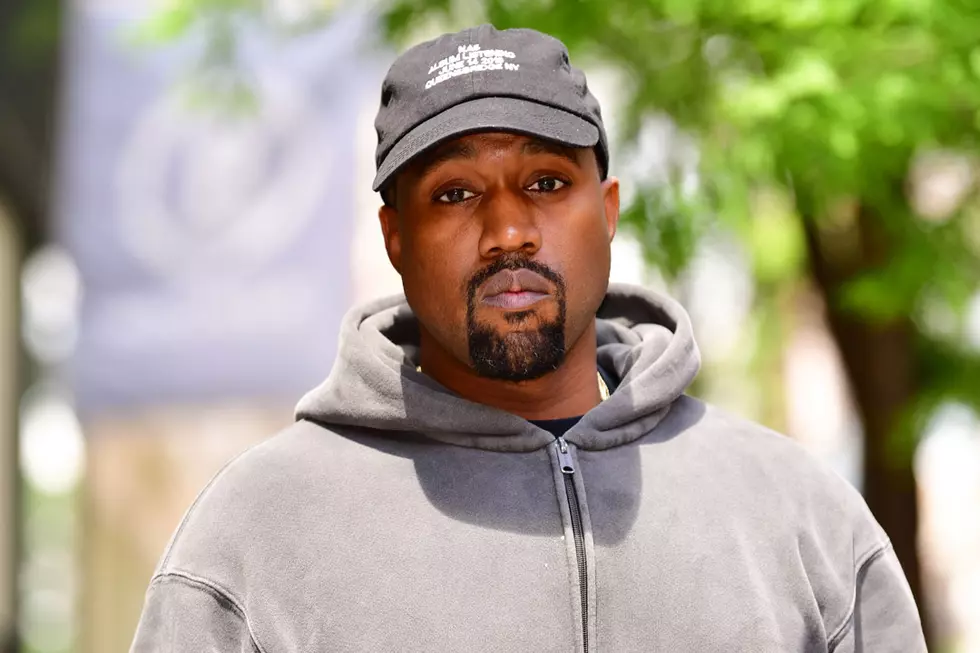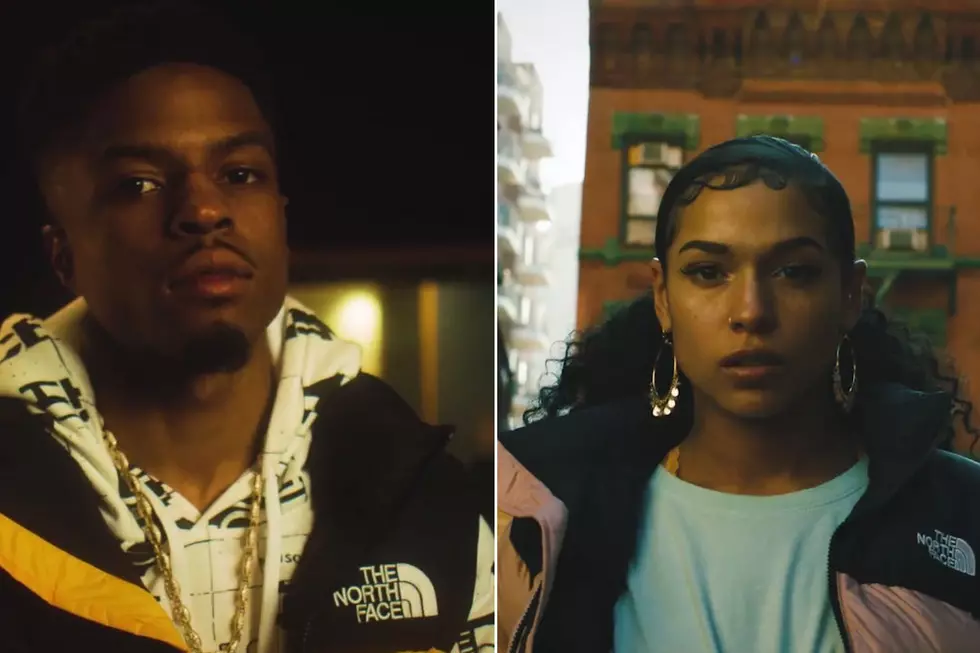
Scott Steinberg Talks The Greatest Music In Video Games
Former XXL game columnist Scott Steinberg recently released his second self-published book, Music Games Rock: Rhythm Gaming’s Greatest Hits of All Time. As the CEO of TechSavvy Global, a technology and video game consulting firm owned by Steinberg, the interactive guru is recognized as a tech and gaming expert by various publications including Forbes, Playboy, Rolling Stone and USA Today.
Naming Def Jam Rap Star as a personal favorite, the hip-hop head explores the rise and apparent downfall of music games by investigating gaming milestones. The gamer caught up with XXL to talk about his background, his book (now available for download at musicgamesrock.com) and how he learned more from Prof. Todd Anthony Shaw—Too $hort—than he did from professors in college. Game on. —Rachelle Jean-Louis
XXL: So how did you get into the gaming industry?
Like many people, I wanted free shit. I wanted to be in the video game business, [and I think I probably spent about three minutes in front of a schoolbook and the rest of the time listening to hip-hop and playing video games. I was living in Atlanta, [and] in high school I started reaching out to video game companies. The entire industry was based out of the west coast. I started calling around to see if they’d let me test things for free. We started [a website] – Gamesource.com [and] started getting free things, games [and] gadgets, and reviewing them.
So you got started early, huh. Ambition came at a young age for you.
I just started talking to them and started doing outreach to a number of different publications. Before I knew it, I wound up writing for everybody from XXL to Playboy to Rolling Stone, TV Guide, [and] New York Times. I was trying to get a job in the video game business, and nobody would hire me. Oddly enough, a company called Microids, a French company, happened to be at the big video game trade show called E3: Electronic Entertainment Expo, which happened to be in Atlanta in ’97. So the last year it was in town, it was right down the street from my dorm room. Despite being in a car crash the night before, a head-on collision, I wiped the glass off my forehead, woke up the next morning and hobbled to the convention center to Microids in the corner. They were like you should come to France and be the head of our public relations – we don’t have anybody who speaks English. I started out as an unpaid intern, and three months after I was there I became VP of Product Acquisitions.
There’s no question about your abilities in the video game industry. Where did the idea for this book come from?
I’ve written a few books before. I started with Get Rich Playing Games, which is a DIY career guide. That one I wrote because no one would give me a break. I wanted to give a road map. With Music Games Rock—we’d had music games for decades, but come the mid-2000s, Guitar Hero and Rock Band just exploded. Never seen anything like it. They blew up to the tune of roughly $1.7 billion dollars in about 2008. Every single background and nationality flocked to them because music is a common unifier. Look at the audience for hip-hop. I don’t think there’s anything you can say they have in common except the like the music. Then a year later, there was this meteoric fall. To the world at large, it appeared that music games were dead. It’s fascinated me, the phenomena of how powerful music games were and how big of a force they’re going to be going forward - helping video games make sense to people who wouldn’t necessarily consider themselves gamers. I felt this issue needed to be addressed.
Does your book solely explore the music in video games or just the games themselves?
In the book we look at the music game itself, but we also talk about what their cultural influence was. Any given entry might tell you what the game was, what it featured [and] what it was like to play. But it also speaks to who might have started it, what other games it had an influence on [and] what the pop culture trends were at the time that made it relevant.
How did you decide which game would be the greatest? What kind of scale did you use?
We haven’t ranked it per say. It’s not like top 50. We looked at the games that had the greatest impact either on video games, the world as a whole or the history of the genre. We tried to be as open-minded as possible. We might go from the first karaoke game, to the first game that has a rock ‘n’ roll tie-in, to the first game to treat hip-hop with dignity and respect. In terms of best and worst, a lot of it simply comes down to play testing, a lot of discussion and debate between the authors.
So looking at the games’ influence, do you look at the sales of the actual game or cultural reaction and response?
It’s kind of a combo.
Did you collaborate with anyone on this book?
Of course. Martin Mathers and Nadia Oxford contributed to the volume. They’re video game writers. Martin’s a European games journalist and Nadia’s a Canadian games journalist. We tried to get a bit of international game perspective. They were there for the discussion, and they weighed in as to what title deserved a spot. The nice part about the book is that it’s certainly open for discussion and debate. We’re not going out there and saying, Okay, this one’s No. 97 on the list and this is No. 20. We just tried to pick some of the milestones and most significant.
What is your favorite out of the hands-on music games?
Ironically, I’m not a huge fan of the ones that use the huge plastic turntables and guitars. I have no coordination. I’m like this White, bald, sarcastic Jewish guy, so dancing doesn’t really come naturally either. I like karaoke titles like Def Jam Rap Star because at the end of the day you get a bunch of people there, grab a couple cold ones [and] get pretty well lubricated. I think that’s the most natural way to play.
So love you video games, and as a former writer for XXL it’s clear that you’re a hip-hop head. Is that what helped to get you started with your books?
I was definitely a hip-hop head. It was E-40, Too $hort, Guru, Nate Dogg. All these guys – if you listen to their lyrics, they basically tell you don’t take the label deal, do it yourself, figure it out and eventually one of your projects is gonna hit. I haven’t worked for somebody that I haven’t owned for the past 12 years. I think I’ve probably worked less than 90 days for another party. We self-publish the books. It’s on iBooks; it’s on Kindle; it’s free to download. It’s essentially our interactive equivalent of the mixtape. We get to do this because we own our own projects. I credit hip-hop with my heart and soul for teaching me that. I shit you not, would not be here doing this if it were not for those records. I was a business management major in college, but I probably learned more from Professor Todd Anthony Shaw, that being Too $hort, than I did from most of my accredited professors.
More From XXL









